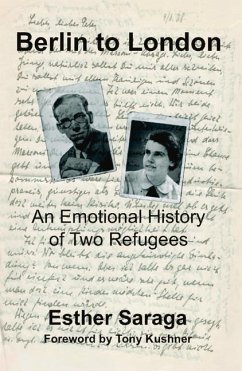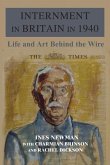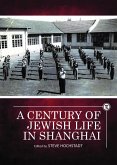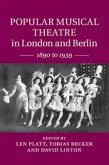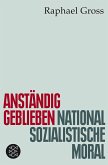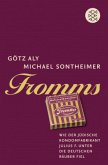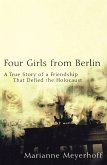In this book the emotional journeys of two German Jewish refugees are reconstructed from a substantial collection of family papers, which are used imaginatively to explore and illuminate a wider history. The letters evoke how it felt at the time to be a refugee and express eloquently the distress and losses involved in exile, separation and internment, providing intense dynamic snapshots of how they managed their emotions from day to day through changing external events. The author demonstrates how the themes of managing emotions, separation and loss, memory, identity, belonging and home, and coming to terms with the past, even when explored within a very specific context within this book, are relevant to the experiences of more recent migrants and refugees. This engaging, accessible book is beautifully written, with enormous honesty and power. Fully referenced, it draws on conceptual and theoretical ideas, but the clear style and writing will appeal to the general reader as well as to students and academics.
Hinweis: Dieser Artikel kann nur an eine deutsche Lieferadresse ausgeliefert werden.
Hinweis: Dieser Artikel kann nur an eine deutsche Lieferadresse ausgeliefert werden.

